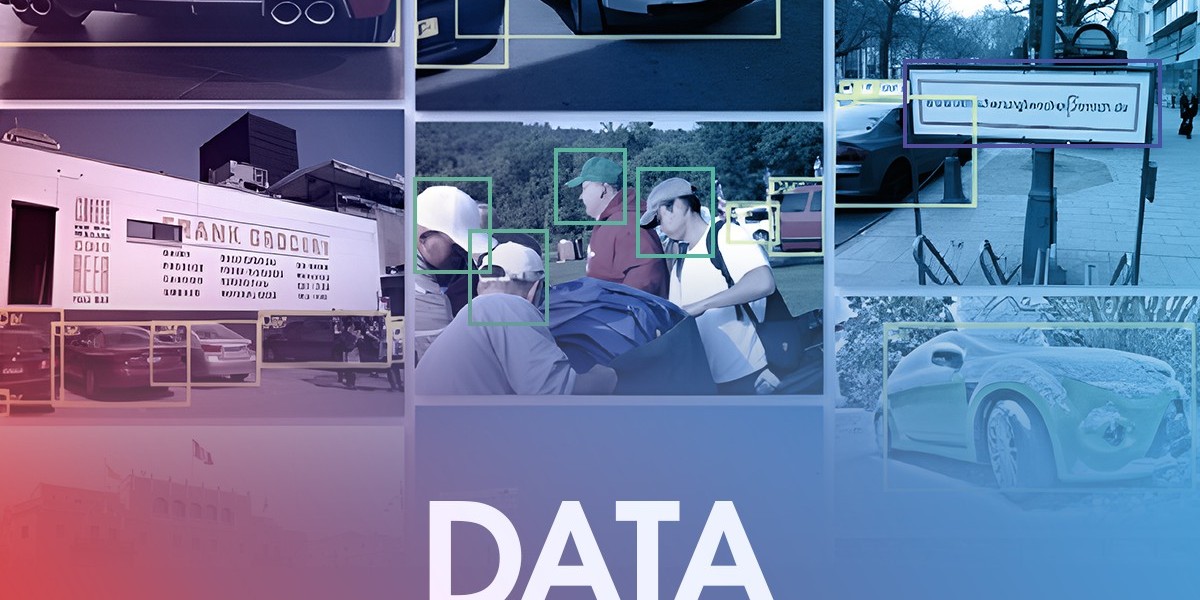Machine learning is an interesting subject in computer science. It allows computers to learn and improve based on data patterns. Actually, data is the base of machine learning algorithms. And to achieve accurate results, the data must be precise. Additionally, data annotation is one significant aspect of machine learning. This article will discuss what data annotation is, its importance and challenges.
What is Data Annotation?
Data Annotation, simply put, is the process of labeling or tagging data to make it understandable for computers. The tagged data can be texts, images, and videos.
When data is tagged, it enables machine learning models to act accurately, to produce the desired results. By continuously using data annotation, computers are trained more efficiently to process available information and build on it for better decision making.
During data annotation, humans, also known as annotators, carefully review and mark the data according to the necessary criteria. These annotations serve as ground truth labels, which help the machine learning model understand and generalize patterns in new, unseen data.
Why is Data Annotation Crucial for Machine Learning?
Accurate and Well-Structured Datasets
Data annotation produces well-structured datasets that are essential for training machine learning models effectively. Clean and labeled data ensures that the algorithm can learn patterns and similarities more efficiently. Finally leading to improved accuracy and performance.
Enhanced Model Performance
Data annotation assists machine learning models in understanding difficult features and making better decisions. For instance, in computer vision tasks, annotating objects in images enables the model to identify and classify objects accurately.
Domain-Specific Insights
Data annotation allows machines to understand domain-specific information. For instance, in the medical field, data annotation helps diagnose diseases from medical images, enabling faster and more accurate healthcare decisions.
What is AI Data Annotation?
The definition of AI data annotation is similar to the one above. It is an extension of it. AI data annotation is the process of tagging data, to improve the performance of an AI model.
This process is handled by what is called an AI annotator. It takes consumer data and labels it to improve the result and accuracy of an AI model— an example can be an AI chatbot model.
Challenges and Solutions in AI Data Annotation
Data annotation is a crucial process that involves labeling and categorizing data, enabling AI systems to understand and interpret information. Here are some challenges and their respective solutions.
Insufficient and Inconsistent Data:
One of the primary challenges in AI data annotation is the availability of insufficient and inconsistent data. When AI algorithms receive limited data for training, they may not grasp the full context of real-world scenarios. Moreover, inconsistencies in data labeling can lead to confusion and incorrect model predictions.
Solution:
To tackle this challenge, organizations must invest in thorough data collection and employ human annotators to ensure data accuracy. Additionally, data augmentation techniques can help in creating diverse datasets. Finally, reviewing and refining the annotation guidelines will also enhance consistency.
High Cost and Time-Consuming Annotation:
AI Data annotation can be a labor-intensive and time-consuming process—especially for large-scale datasets. The cost of hiring human annotators or using manual annotation tools can be significant, impacting project budgets and timelines.
Solution:
AI teams can explore semi-supervised or active learning methods to mitigate the cost and time constraints. These approaches allow AI models to select the most valuable data for annotation, reducing the overall workload. Additionally, utilizing crowdsourcing platforms and collaborative annotation tools can help distribute the task and ease the process.
Maintaining Data Privacy and Security:
Data privacy and security are major concerns in the AI industry. Annotating sensitive or personal information without proper precautions can lead to data breaches and legal implications.
Solution:
To ensure data privacy, companies should anonymize sensitive information before annotation. Implementing strict access controls and encryption measures will safeguard the data throughout the annotation process. Additionally, regular training and awareness programs for annotators regarding data protection guidelines are crucial to maintain a secure environment.
Conclusion
AI data annotation is a crucial process for the success of various AI technologies. However, its challenges can be challenging. By overcoming these challenges, can AI models truly reach their optimum potential. Finally, organizations should invest in thorough data collection, and prioritize data privacy, to pave the way to a better AI data annotation process.
FAQs
Why is data annotation important for AI?
Data annotation is essential for AI as it helps train machine learning models to recognize patterns and make accurate predictions.
How can organizations address data annotation inconsistencies?
Organizations can address data annotation inconsistencies by employing human annotators, establishing clear guidelines, and regularly reviewing the annotation process.
How can companies ensure data privacy during the annotation process?
To ensure data privacy, companies can anonymize sensitive information before annotation. Furthermore, implement strict access controls, and provide regular training to annotators on data protection guidelines.
Can machines learn without data annotation?
While machines can learn from raw data, data annotation significantly improves their learning efficiency and accuracy. Data annotation helps machine learning algorithms to spot data patterns and improve their accuracy based on those patterns.








